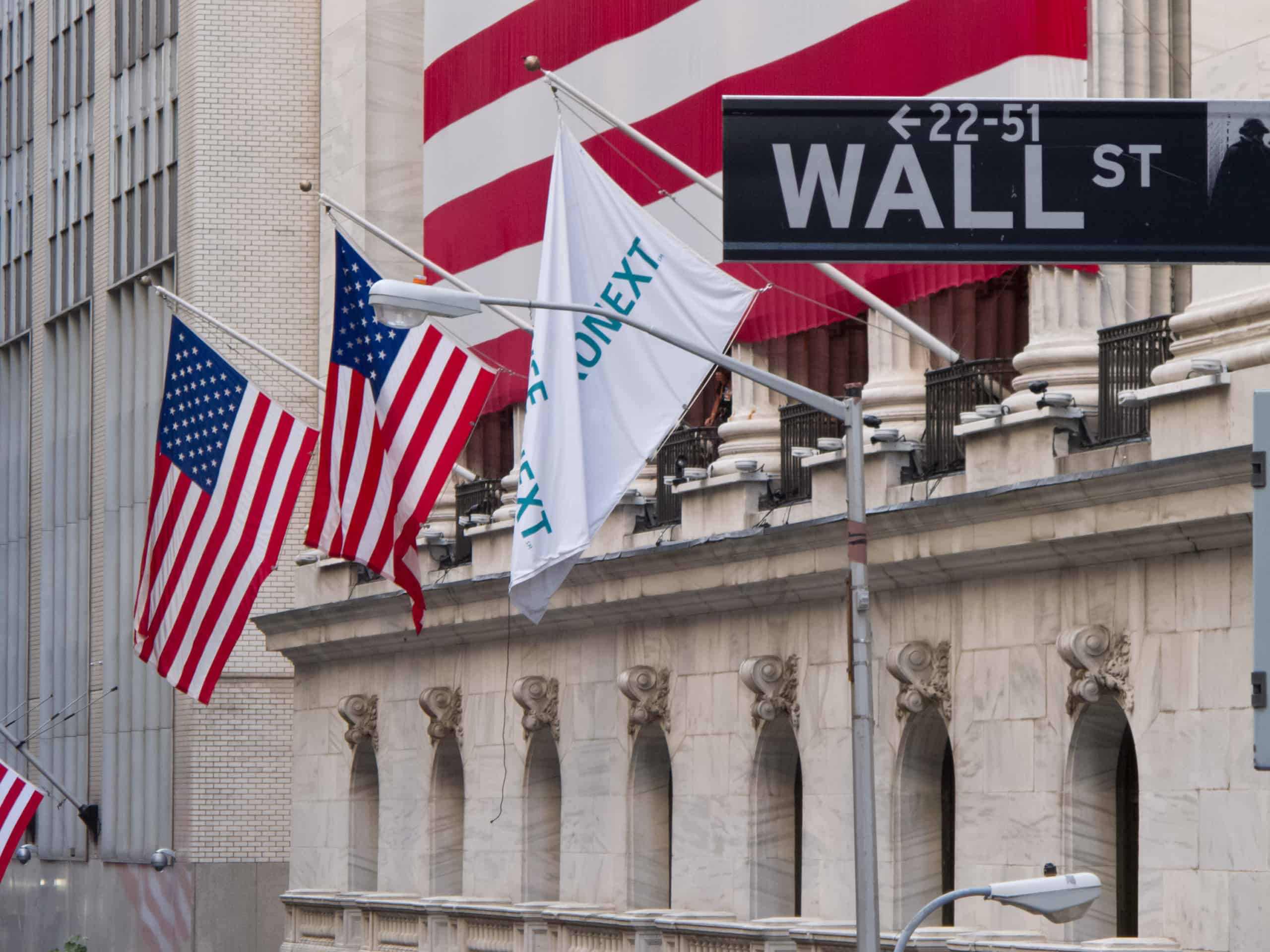
Western firms are stuck between a rock and hard place on China. Chinese regulators want them to honor their supply commitments and respect China’s demand for non-interference on “sovereignty issues,” including human rights. Meanwhile, U.S. regulators want them to not enable Chinese ESG1environment, social and governance standards/human rights abuses or the advancement of Chinese military capabilities by selling products with weaponization potential, either via military or economic channels. Some U.S. policy makers would prefer that most American companies not trade with China at all, and that the U.S. substantially decouple from China despite the huge economic consequences involved.
The screws are tightening. In the U.S., lawmaker debate on China appears to be advancing along the lines of expanding sanctions, trade litigation and export controls. In China, new laws — including the Anti Foreign Sanctions Law and several new data protection laws — are painting ever brighter ‘redlines’ to underscore the penalties that await foreign firms accused of political incorrectness.
A new global treaty that strengthened IP protection, banned dual-use applications, and ensured ESG good conduct — one with real enforcement teeth — would be the optimal means for normalizing Sino-western trade relations. But, at the present time, such institution building does not align with political realities for either the U.S. or China. Many don’t believe in it, and neither side can afford to look “soft” to their respective domestic constituencies. At this impasse period, one thing is clear: U.S. regulators will err on the side of caution. This means that any forthcoming “safe trade” regulations will likely be more restrictive, less efficient, and more costly than they need to be. Companies should get in front of this likelihood by dutifully helping U.S. regulators do the best job possible.
This idea is premised on the notion that Western firms in China are a key conduit for finding pathways to more accommodative Sino-western relations in the future, as well as a powerful voice for peaceful dispute resolution in the present. We need both. U.S. lawmakers should update their assumptions. The notion that American companies are selling out to China solely in the pursuit of profit, tossing their values to the wind, simply isn’t true nowadays. “Corporate purpose,” and the exemplary ESG conduct it espouses, has become a forefront demand of business from both investors and consumers alike. Most leading U.S. and European companies are rising strongly to this challenge. And it is primarily western firms that are leading this all-important charge in China. In effect, they are the only source of western soft power left in China.
The notion that American companies are selling out to China solely in the pursuit of profit, tossing their values to the wind, simply isn’t true nowadays.
The ‘dutiful company’ solution has two components.
First, companies should do their part to enable the “small yard, high fence” concept first coined by former Defense Secretary Robert Gates in 2010. The concept prescribes that exports of those products with the potential for military, anticompetitive or unethical use be strictly controlled, but that all other products be permitted to trade freely. While elegant conceptually, the concept has been very difficult to implement. This is because the small yard has become increasingly hard to circumscribe in this digital age where many technologies that can, with state sponsored effort, be applied to dual use applications are widely dispersed in both the consumer and industrial spheres, in intelligent devices of all types. A better resourced and empowered Bureau of Industry and Security would certainly help. But it won’t be enough. The technology environment is too broad and fast-moving for regulators to keep up from their arm’s length position.
Companies can help solve this problem. Indeed, they’re arguably the only ones who can. Companies regularly conduct risk reviews across all aspects of their business. Why couldn’t dual-use risk reviews be added to their normal risk management activities, with these reviews regularly disclosed to the BIS [the U.S. Commerce Department’s Bureau of Industry and Security] in a new, collaborative regulatory engagement process aimed at both optimally defining the small yard, and identifying commercial and technological fail-safes to assure it? The process might not work perfectly in the beginning, but it would certainly work better than the reactive and blunt way things are done now, with companies and regulators pitted against one another as adversaries. The incentives are there to make this work. The small yard, once clearly defined, would enable western companies to communicate precisely with their Chinese stakeholders about what they can and can’t supply, hence addressing the “secure and controllable” concerns on the Chinese side. It would also reduce suspicion and distrust of U.S. government intentions, a key ingredient to maintaining peaceful relations at this risky juncture.
Second, on the ESG front, U.S. and European regulators should approach the issue from a positive angle, assessing companies for the ESG improvements they deliver via their business activity in China as well as for the ESG abuses they might indirectly enable. Most western companies today have specific ESG targets as part of their corporate purpose agenda, and they actively measure progress-to-plan against these targets. Companies could share their ESG activities and scorecards with US and EU regulators and be obligated to respond to regulator concerns about possible ESG abuses enabled by their business activity in China. In most cases, the ESG benefits of a company’s presence in China will far outweigh any tangential risks. Indeed, based on anecdotal observation, it’s safe to assert that western firms are the top providers and key enablers of sustainable development in China. This is a good thing. The proposed regulatory engagement model would surface this reality again to the benefit of improved trust building on both sides.
Western companies have a unique window of opportunity to be dutiful by working proactively with the U.S. government to develop a new regulatory engagement model — one that is built on transparent, regularized reporting on national security and ESG concerns related to their China business activity. We should get working on the necessary designs.

David Hoffman is Senior Vice President Asia and Managing Director of the China Center for Economics & Business. Prior to joining The Conference Board, David led the technology-infocomms-entertainment advisory practice of PricewaterhouseCoopers in China.



